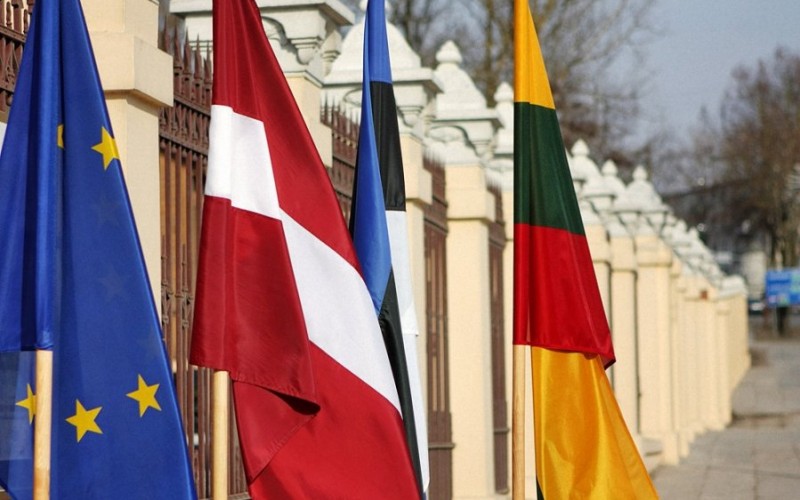
Αποσυναρμολόγηση του γλυπτού του ευρώ μπροστά από τα παλιά κεντρικά γραφεία της ΕΚΤ στην Φρανκφούρτη, 8 Ιουλίου 2015. Το γλυπτό έγινε από τον Γερμανό καλλιτέχνη Ottmar Hoerl το 2001. RALPH ORLOWSKI / REUTERS
«Αν αποτύχει το ευρώ, αποτυγχάνει η Ευρώπη». Αυτό το απόφθεγμα πρέπει να είναι η πιο συχνά αναφερόμενη πρόταση από την πιο ισχυρή πολιτικό της Ευρώπης, μια φιγούρα ελάχιστα γνωστή για την έκφραση ξεκάθαρων δηλώσεων ή σαφών δεσμεύσεων. Η επιτυχία της Γερμανίδας καγκελάριου Άνγκελα Μέρκελ κατά την διάρκεια των τελευταίων δέκα ετών (είναι ήδη η μακροβιότερη Γερμανίδα καγκελάριος μετά τον Konrad Adenauer και τον Helmut Kohl) αποδίδεται συχνά στην μυστηριώδη ικανότητά της να αφήνει τις πολιτικές εξελίξεις και τις συζητήσεις να ακολουθήσουν μια πορεία -και να παίρνει θέση μόνο όταν μπορεί να είναι βέβαιη ότι αυτή η θέση της θα είναι στην πλευρά των νικητών. Ωστόσο, στα μάτια των Γερμανών επικριτών της, η εμφανής δέσμευσή της για την διάσωση του ευρώ ό,τι κι αν συμβεί, την έχει κάνει ευάλωτη σε εκβιασμούς. Ιδίως ο Έλληνας πρωθυπουργός, Αλέξης Τσίπρας, έχει στοιχηματίσει ότι, παρ'όλη την ηθικολογία των γερμανικών ελίτ, η χώρα δεν θα θελήσει, τελικά, ένα Grexit. Και έτσι, όπως είναι τόσο συχνό στην ΕΕ, θα βρεθεί μια μεγάλη πολιτική παραμυθία που θα επιτρέψει σε όλους τους ενδιαφερόμενους να σώσουν κάπως το γόητρό τους. Αλλά ο Τσίπρας δεν πρέπει να είναι τόσο σίγουρος. Μια σειρά εξελίξεων -καθόλου λίγο βαθιές μεταμορφώσεις μέσα στην γερμανική πολιτική κουλτούρα που οι εταίροι της Γερμανίας έχουν μόλις αρχίσει να κατανοούν- κάνουν επικίνδυνο να βασίζεται κανείς στην Γερμανία για να κρατήσει την Ελλάδα.
